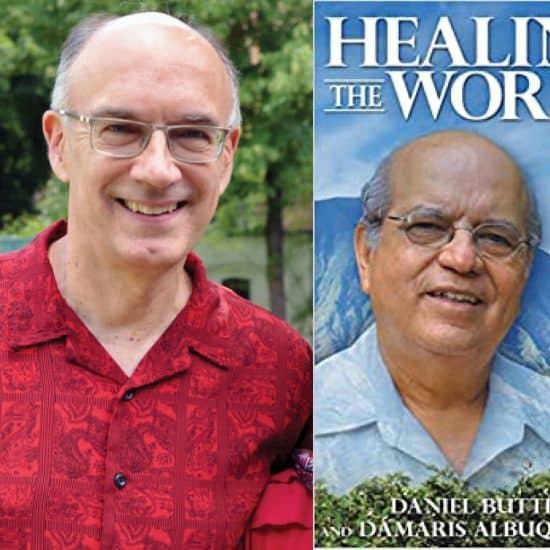By Bill Webb
Word&Way Editor
The world at the dawn of the first century was one in which order prevailed, but it was hardly a time of peace.
 The Roman Empire ensured order — by military might. Well-equipped and well-trained Roman legions marched across the known world and subdued it. Then they began to connect their new lands with roads and constructed elaborate water systems with massive aqueducts. Remnants of Roman roads and aqueducts remain today. Uprisings were not tolerated.
The Roman Empire ensured order — by military might. Well-equipped and well-trained Roman legions marched across the known world and subdued it. Then they began to connect their new lands with roads and constructed elaborate water systems with massive aqueducts. Remnants of Roman roads and aqueducts remain today. Uprisings were not tolerated.
Rome brought order, but order was not to be confused with peace. Jews in Roman bondage prayed for the day when the Messiah would overpower their Roman taskmasters.
The Jewish faith worked hard to guarantee order in religious matters, but peace was missing. Religion had become corrupted with leaders who found it more desirable to be served than to serve. The system had found it too easy to classify as outcasts those who needed ministry in the worst way. Temple sacrifice had become more of a moneymaker than a high holy experience. A select few interpreted and administered the Law of Moses and dealt harshly with those whom they deemed to be violators.
Religious life was orderly — to the point of being rigid and cold — but spiritual peace remained a rare commodity.
Then came Jesus.
As Joseph and Mary made their way to fulfill a Roman rule that required them to travel to Bethlehem to fill out a census form, a little bundle of peace was born. The setting was chaotic. The birthing room was a stable; the crib, a dirty hay manger. There were no friends or relatives present to welcome the little baby or congratulate the parents. Nothing seemed in order.
To some back home, the birth would have been scandalous — the baby conceived out of wedlock by a church girl who should have known better. Instead, young Mary had rejoiced in the news that she would give birth to a son. The fact that God was in the conception and the birth not only comforted but thrilled her to song.
Perhaps the world did not recognize what was happening in a Bethlehem stable, but the population of heaven was intensely aware. As the Bible indicates, they went public with the birth of the long-awaited Messiah. The heavenly host was unable to contain itself.
Later, wise men would make their way to the infant Jesus to affirm that He was the king of the Jews. It would not be the last time he would wear that label. The affirmation threatened King Herod enough that he ordered the genocide of all Jewish infants of similar age. Joseph and Mary fled to Egypt to save their son.
A generation later, Jesus the preacher, teacher and healer began a ministry that would last a scant three years. Those brief years enabled Him to prepare followers who would carry on His message of salvation long after He fulfilled His destiny on a cross. Those outside religious life and those within it plotted His death, and He did not raise a hand to stop them. Christ's ascension to Messiahship was anything but an orderly transition. Instead, eternal peace was born out of His suffering and death. His victory emerged when it seemed that all was lost.
We experience the true joy of Christmas because we know the rest of the story. We know who Jesus was, and we know what He accomplished when He surrendered His own life. Since His miraculous resurrection from the dead nearly 2,000 years ago, the world has been given a chance at peace. Amazingly, it is an inward peace that manifests itself when all around is chaos, heartbreak and despair.
Ultimately, the peace of God is what He gave us in Bethlehem all those years ago. Peace was not in a strategy or in an institution but in the very person of Jesus. It was peace by personal relationship – and it still is.
If you have experienced the peace of Jesus, give thanks for it and pass along the Good News to others. If you are reading these words and do not have the assurance of salvation that comes from a relationship with God, please don't hesitate to respond to Jesus.






